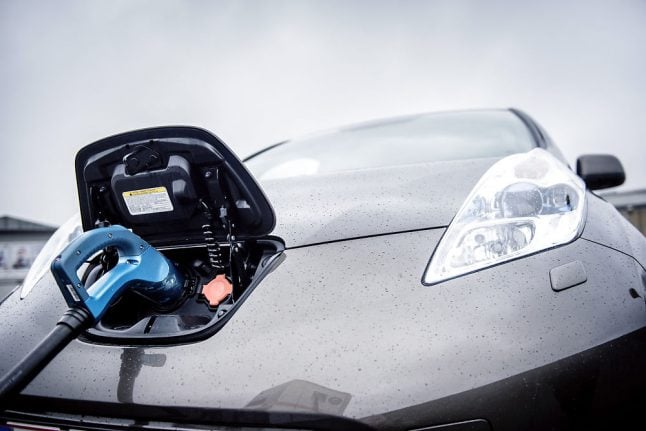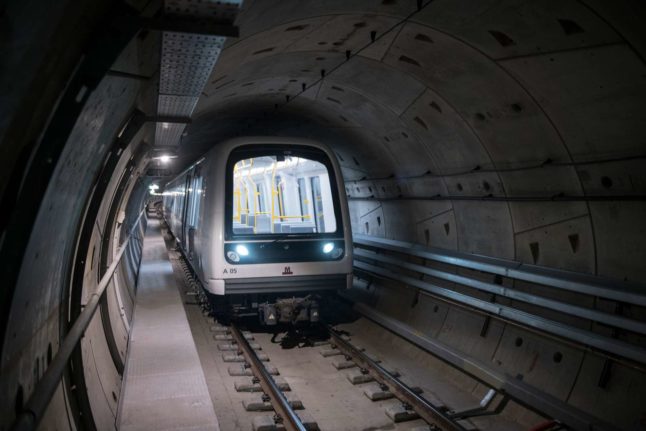The EU Commission is to present a long-term climate strategy on Wednesday, with Denmark to present its case for ending fossil fuel vehicles at subsequent negotiations between member states.
“We will work for a phasing-out of petrol and diesel cars over time and the end of sale of new models from 2030,” Minister for the Environment Lars Christian Lilleholt confirmed.
“I will try to bring together like-minded EU countries around this target, which we can hopefully gain support for. It is important to set the bar high,” the minister added.
Lilleholt admitted that convincing Germany to join a green revolution in the automotive industry would be difficult.
“I know it will not be easy. We have very different standpoints and there are big interests in play, not least for car-producing countries,” he said.
“But I also think they have an interest in making tougher demands so that European car makers can take the lead in this area and gain a competitive advantage in relation to other countries,” he added.
The target of ending diesel and petrol car production by 2030 matches that in a domestic climate programme presented by the government earlier this year.
In the programme, the government states it wants one million green cars on Danish roads by 2030.
That target has been criticised for being unrealistic, however.
“It would clearly be much easier to realise our goals if were are able to get an EU objective passed, because we would than avoid a discussion about who must take the first step,” Lilleholt said.
“But I am in no doubt about the direction in which things are moving. And if we can’t get the EU on board now, we’ll have to see what else we can do. The target will be the same,” he said.
European Commissioner for Competition Margrethe Vestager, a Danish politician, revealed a small part of the commission’s programme at a meeting in Copenhagen Monday.
“What we are presenting is a clear obligation in regard to being CO2 neutral by 2050. That is built on the targets that have been ratified for 2030, but does not change them,” she said.
Vestager did not mention transport specifically.
More must be done to achieve long term targets, the commissioner said.
“We will only achieve around 60 percent of the desired reduction if we don’t do more,” she said.
READ ALSO: Danish government boosts electric cars, puts out fireplaces in extensive climate plan



 Please whitelist us to continue reading.
Please whitelist us to continue reading.